detail profile b c3 a9la tarr
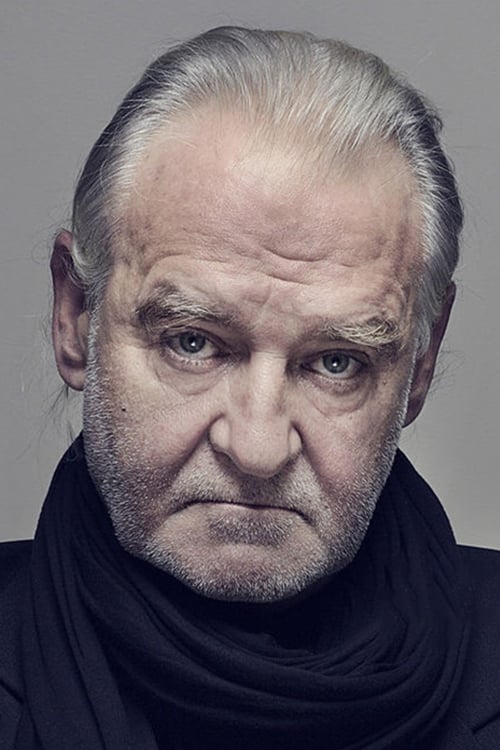
Béla Tarr
Bela Tarr
atau dikenal sebagai
Riwayat Hidup
Béla Tarr (born July 21, 1955) is an acclaimed Hungarian film director.
Much of his work is marked by philosophical elements and a pessimistic view of humanity.
His films utilize unconventional storytelling methods, such as long takes and/or non-professional actors to achieve realism.
Debuting with his film Family Nest in 1979, Tarr underwent a period of what he refers to as "social cinema", aimed at telling mundane stories about ordinary people, often in the style of cinema vérité.
Over the next decade, the cinematography of Tarr's films gradually changed; Damnation (1988) was shot with languid camera movement aimed at establishing ambience.
It marked Tarr's earliest experimentation with philosophical themes, focused mostly on bleak and desolate representations of reality.
Sátántangó (1994) and Werckmeister Harmonies (2000) continued this approach; both are considered by some critics to be among the greatest films ever made.
Tarr would later compete in the 2007 Cannes Film Festival with his film The Man From London.
Frequent collaborators of Tarr include his wife Ágnes Hranitzky, novelist László Krasznahorkai, film composer Mihály Víg, cinematographer Fred Kelemen, and actress Erika Bók.
After the release of his film The Turin Horse (2011), Tarr announced his definitive retirement from film direction.
He has been teaching at the Sarajevo Film School since.
Description above from the Wikipedia article Béla Tarr, licensed under CC-BY-SA, full list of contributors on Wikipedia.
Info Pribadi
Peran Yang Di Mainkan Béla Tarr
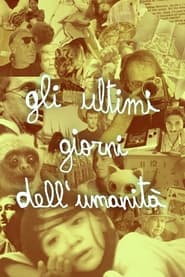 The panorama of human affairs encounters...
The panorama of human affairs encounters...The Last Days of Humanity 2023
The panorama of human affairs encounters the “man with a movie camera”. His playground has no boundaries, his curiosity no limits. Characters, situations and places pitch camp in the life of a humanity that is at once the viewer and the thing viewed. But what are the last days of this humanity? Have they already passed? Are they now or still to come?
 An Icelandic couple live with their...
An Icelandic couple live with their...Lamb 2021
An Icelandic couple live with their herd of sheep on a beautiful but remote farm. When they discover a mysterious newborn on their land, they decide to keep it and raise it as their own. This unexpected development and the prospects of a new family brings them much joy before ultimately destroying them.
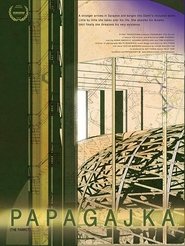 A stranger arrives in Sarajevo and...
A stranger arrives in Sarajevo and...The Parrot (Papagajka) 2016
A stranger arrives in Sarajevo and barges into Damir's reclusive world. Little by little she takes over his life. She absorbs his dreams, until finally she threaten his very existence.
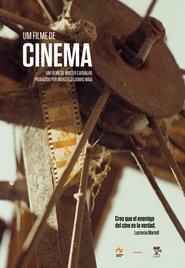 An abandoned tumbledown theater in the...
An abandoned tumbledown theater in the...About Cinema 2015
An abandoned tumbledown theater in the outback of Paraíba state is the initial setting of a film about cinema, which explores the testimonials of the novelist and playwright Ariano Suassuna and other filmmakers such as Ruy Guerra, Julio Bressane, Ken Loach, Andrzej Wajda, Karim Ainouz, José Padilha, Hector Babenco, Vilmos Zsigmond, Béla Tarr, Gus Van Sant and Jia Zhangke. They all respond to two basic questions: why do they make movies and why do they serve the seventh art. The filmmakers share their thoughts about time, narrative, rhythm, light, movement, the meaning of tragedy, the audience‘s desires and the boundaries with other forms of art.
 A film where anything can happen...
A film where anything can happen...Final Cut: Ladies and Gentlemen 2012
A film where anything can happen - the hero and the heroine changes their faces, age, look, names, and so on. The only same thing: The love between man and woman... in an archetypical love story cut from 500 classics from all around the world.
 This exhibition focuses on Jonas Mekas 365...
This exhibition focuses on Jonas Mekas 365...365 Day Project 2007
This exhibition focuses on Jonas Mekas’ 365 Day Project, a succession of films and videos in calendar form. Every day as of January 1st, 2007 and for an entire year, as indicated in the title, a large public (the artist's friends, as well as unknowns) were invited to view a diary of short films of various lengths (from one to twenty minutes) on the Internet. A movie was posted each day, adding to the previously posted pieces, resulting altogether in nearly thirty-eight hours of moving images.
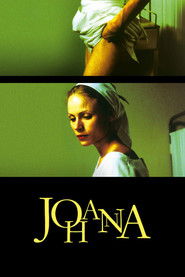 Johanna a young drug addict falls...
Johanna a young drug addict falls...Johanna 2005
Johanna, a young drug addict, falls into a deep coma after an accident. Doctors miraculously manage to save her from death's doorstep. Touched by grace, Johanna cures patients by offering her body. The head doctor is frustrated by her continued rejection of him and allies himself with the outraged hospital authorities. They wage war against her but the grateful patients join forces to protect her. This is a filmic and musical interpretation of the Passion of Joan of Arc.
 Twentyfive films from twentyfive European countries...
Twentyfive films from twentyfive European countries...Visions of Europe 2004
Twenty-five films from twenty-five European countries by twenty-five European directors.
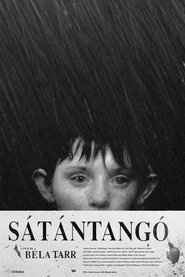 Inhabitants of a small village in...
Inhabitants of a small village in...Satantango 1994
Inhabitants of a small village in Hungary deal with the effects of the fall of Communism. The town's source of revenue, a factory, has closed, and the locals, who include a doctor and three couples, await a cash payment offered in the wake of the shuttering. Irimias, a villager thought to be dead, returns and, unbeknownst to the locals, is a police informant. In a scheme, he persuades the villagers to form a commune with him.
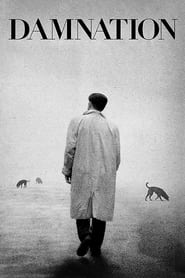 Karrer plods his way through life...
Karrer plods his way through life...Damnation 1988
Karrer plods his way through life in quiet desperation. His environment is drab and rainy and muddy. Eaten up with solitude, his hopelessness would be incurable but for the existence of the Titanik Bar and its beautiful, haunting singer. But the lady is married and Karrer is determined to keep her husband away...
 En route to the annual G7...
En route to the annual G7...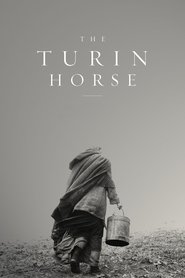 A monumental windstorm and an abused...
A monumental windstorm and an abused... A switchman at a seaside railway...
A switchman at a seaside railway...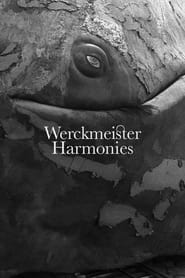 A naive young man witnesses an...
A naive young man witnesses an...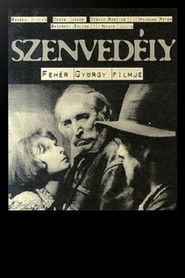 A woman and her lover plot...
A woman and her lover plot... Collection of documentary shorts by various...
Collection of documentary shorts by various...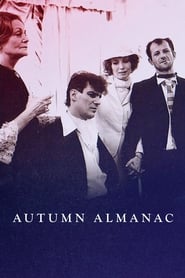 In this dense setting the inhabitants...
In this dense setting the inhabitants... Movie directed by Boris Rytsarev
Movie directed by Boris Rytsarev In this powerful film the renowned...
In this powerful film the renowned... A family slowly disintegrates under various...
A family slowly disintegrates under various...